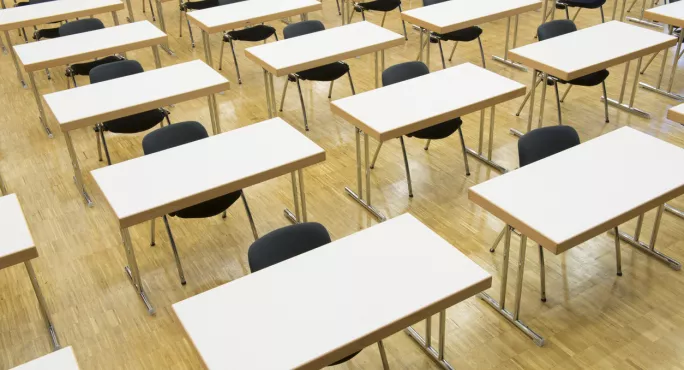England’s exams regulator has warned schools to protect teachers from parental pressure as they submit GCSE and A-level grades for students.
”[Schools] should be careful to avoid teachers being put under pressure from students, parents or carers to submit grades that are higher than the evidence supports,” Ofqual says in its final guidance to schools on the submission of grades this year.
GCSEs 2021: Nine risks of bias for teachers when grading
Ofqual: No change in grades standard, teachers told
Assessment: ‘Inappropriate’ private tutor help warning
It adds that headteachers “should keep records of such cases and might be required to report to the exam boards any cases where they believe inappropriate pressure is being put on teachers. Exam boards may treat such cases as potential malpractice”.
GCSEs and A levels 2021: Warning over parents putting pressure on teachers
Last week, speaking at the Association of School and College Leaders’ annual conference, Ofqual’s interim chair, Ian Bauckham, raised similar concerns about the pressures teachers could face, saying that awarding GCSE or A-level grades in 2021 should not be a “negotiation”.
“We have said, as a principle of transparency, candidates should know on what evidence their grade has been determined,” he said.
“However, let me be crystal clear about the following point. That principle, which we believe is right and appropriate in this year’s approach to grading, does not mean that either the selection of evidence or the decision about the grade which the evidence supports are somehow topics for negotiation between teacher and student or teacher and parents. They are not. These are matters of teachers’ professional judgement.”





